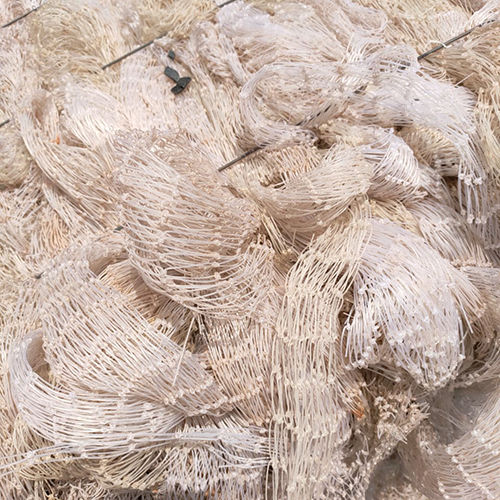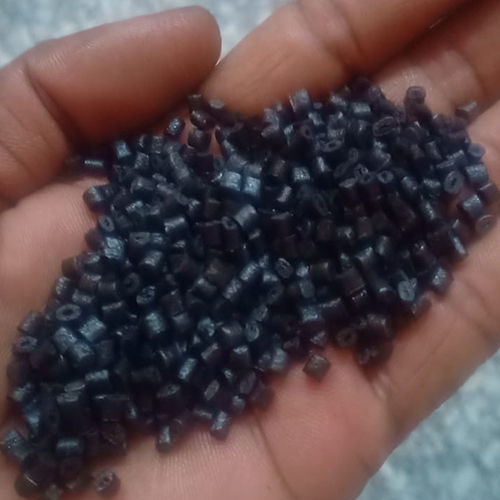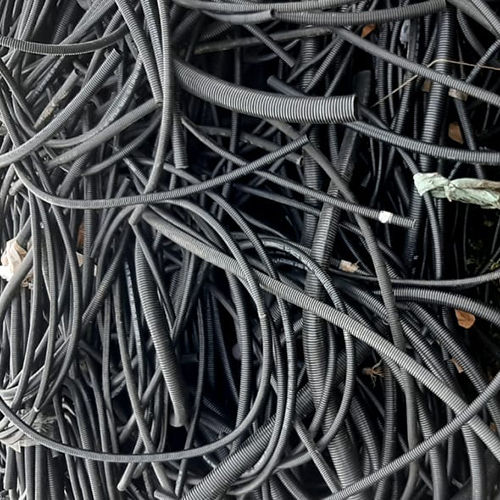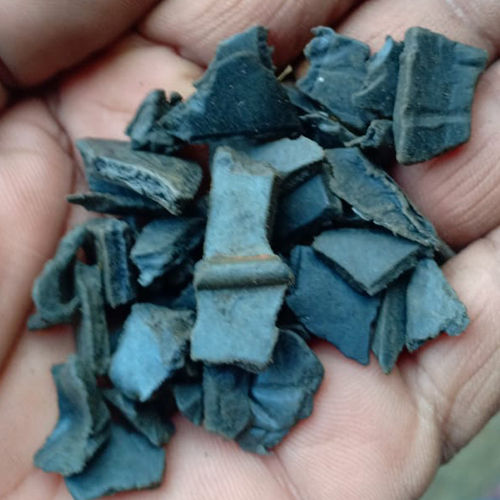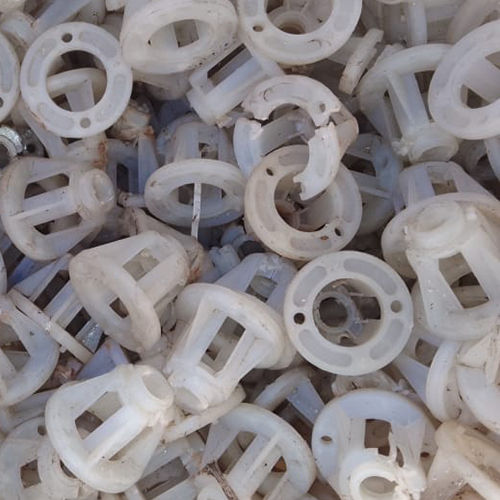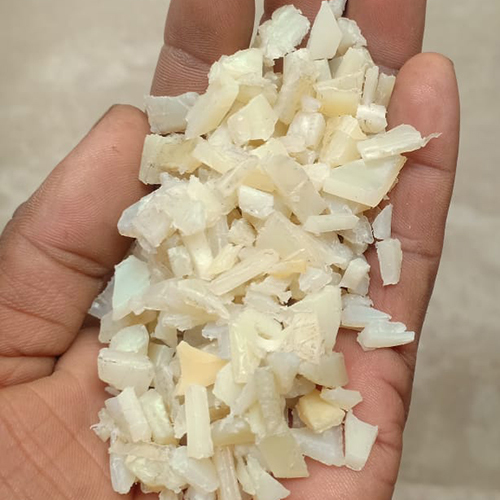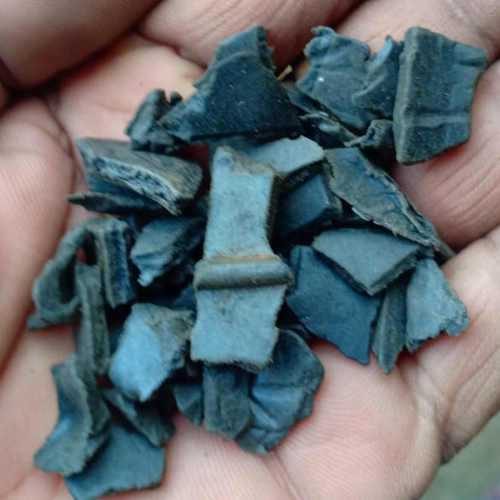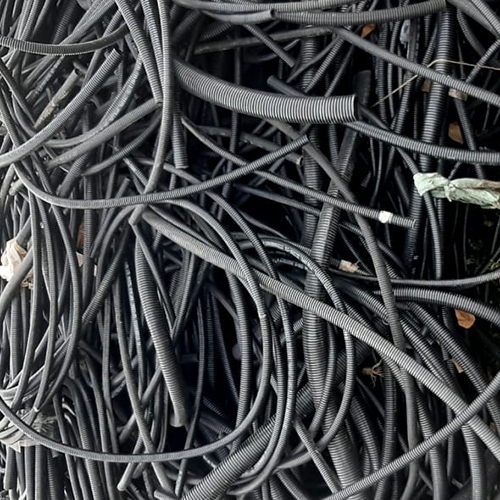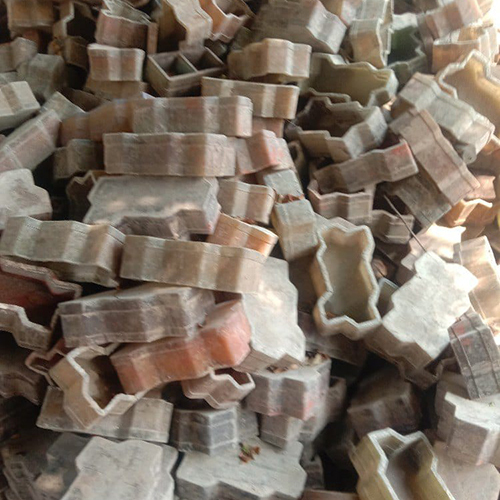|
Nylon Mold Scrap
Product Details:
- Usage Industrial
- Type Mix Plastic Scrap
- Size Customized
- Click to View more
Nylon Mold Scrap Price And Quantity
- 100 Kilograms
- 180.0 INR/Kilograms
Nylon Mold Scrap Product Specifications
- Customized
- Industrial
- Mix Plastic Scrap
Nylon Mold Scrap Trade Information
- Cash Advance (CA), Cash in Advance (CID)
- 5000 Kilograms Per Month
- 10 Days
- Yes
- Sample costs shipping and taxes has to be paid by the buyer
- as per customer requirement
- Asia
- All India
Product Description
Nylon mold scrap refers to the waste material generated during the injection molding process of nylon (polyamide) plastics. This scrap is a valuable byproduct in manufacturing due to nylon's excellent properties and recyclability.
Here's a breakdown of nylon mold scrap:
How it's generated:
- Sprue, Runners, and Gates: These are the channels through which molten nylon flows into the mold cavity. After the part cools, these excess plastic portions are removed, becoming scrap.
- Defective Parts: Parts that don't meet quality standards due to issues like short shots (incomplete filling), flash (excess material squeezed out), voids, sink marks, warpage, or other defects are rejected and become scrap.
- Machine Startup/Shutdown: During the initial setup or shutdown of an injection molding machine, some material might be wasted as the process stabilizes or the machine is purged of remaining resin.
- Material Changes: When switching between different colors or types of nylon, purging compounds are used to clean the machine, generating some scrap.
Characteristics of Nylon (Polyamide):
Nylon is a semi-crystalline thermoplastic known for its:
- High Melting Point: Typically ranging from 215-265C, making it suitable for applications in high-temperature environments.
- High Tensile Strength: Meaning it can withstand significant pulling forces without breaking.
- Good Chemical Resistance: Resistant to oils, greases, many organic solvents, and weak acids and bases.
- Low Friction: This property makes it excellent for moving parts where wear resistance is crucial.
- Abrasion Resistance: Withstands rubbing and wearing.
- Toughness and Durability: Able to absorb impact without breaking.
- Hygroscopic Nature: Nylon absorbs moisture from the environment, which needs to be controlled during processing to prevent defects.
- Processability: It's relatively easy to process and can be compounded with other materials (like glass fibers) to enhance specific properties.
Types of Nylon commonly molded:
- Nylon 6 (PA6): Offers good flexibility and is easier to process.
- Nylon 66 (PA66): Possesses higher tensile strength and thermal stability compared to Nylon 6. Often chosen for demanding applications.
Uses for Nylon Mold Scrap:
The primary use for nylon mold scrap is recycling and reprocessing to create new plastic products. This aligns with circular economy principles and reduces reliance on virgin raw materials.
- Regrinding/Pelletizing: The scrap is typically grinded into smaller pieces (regrind) or melted and re-pelletized.
- Reintroduction into Molding: This reprocessed nylon can then be blended with virgin material or used entirely on its own (though 100% regrind might have slightly different properties than virgin material, depending on the application and how many times it's been reprocessed).
- Applications of Recycled Nylon: Recycled nylon can be used in a wide range of products, including:
- Automotive parts (e.g., radiator tanks, fan shrouds, door handles)
- Textile fibers
- Plastic fasteners
- Gears and bearings
- Industrial and mechanical components
- Other injection molded parts
- Automotive parts (e.g., radiator tanks, fan shrouds, door handles)
Benefits of Recycling Nylon Mold Scrap:
- Environmental Sustainability: Reduces plastic waste in landfills, conserves natural resources (crude oil), and lowers the carbon footprint associated with new plastic production.
- Cost Savings: Reprocessing scrap can be more economical than manufacturing from virgin materials.
- Resource Efficiency: Maximizes the use of existing materials within the manufacturing cycle.
In summary, nylon mold scrap is a valuable thermoplastic waste generated during injection molding. Its inherent properties make it highly recyclable, contributing to a more sustainable manufacturing process and enabling the creation of new products with similar performance characteristics to those made from virgin nylon

Price:
- 50
- 100
- 200
- 250
- 500
- 1000+
Other Products in 'Nylon Scrap' category
 |
AB PLASTICS
All Rights Reserved.(Terms of Use) Developed and Managed by Infocom Network Private Limited. |

